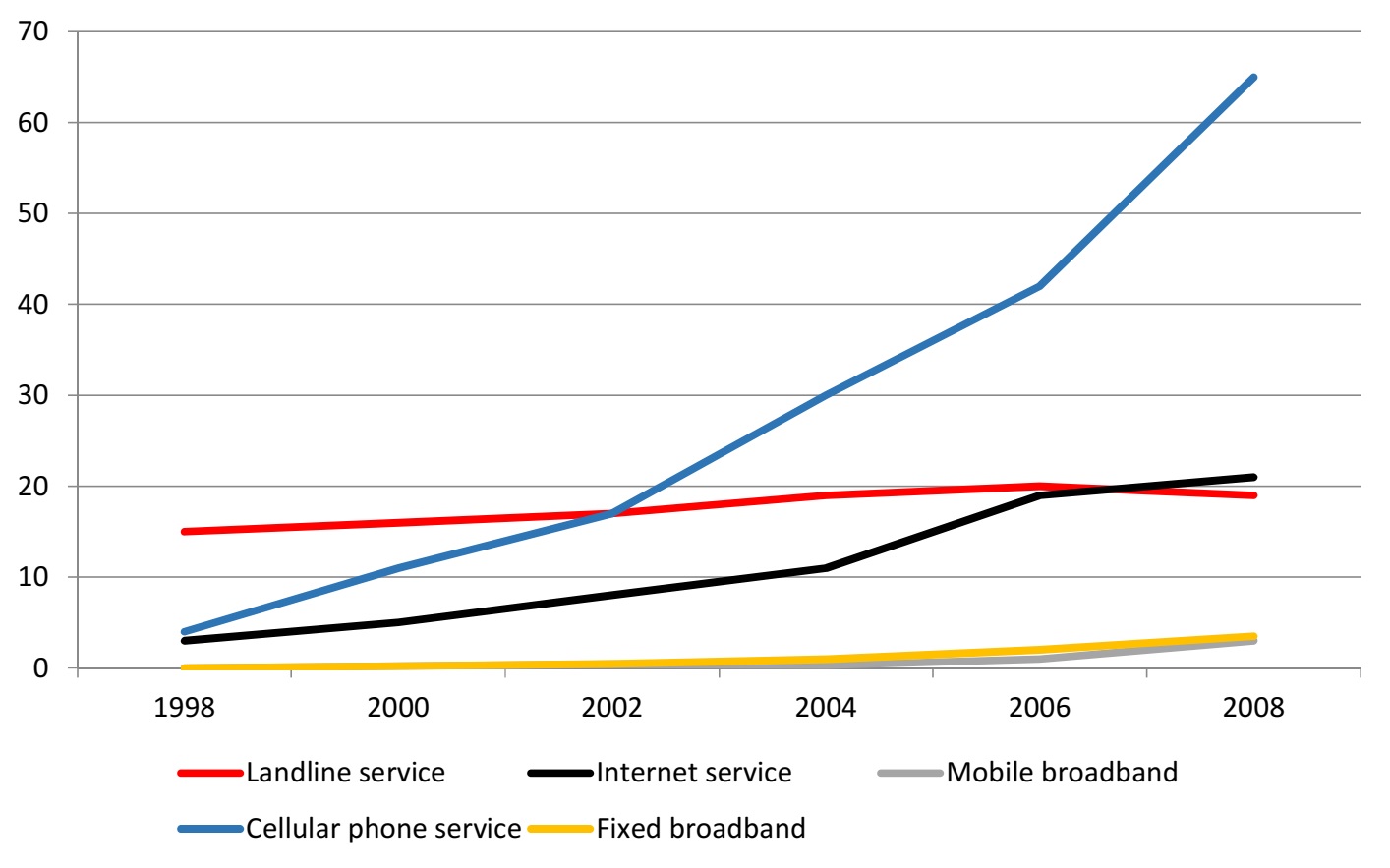Years ago, humans sent spacecraft to explore the universe and satellites into orbit around our planet, and life on Earth has become better and better since then. Such technology facilitates global communication, predicts weather conditions and, most importantly, brings a whole new view of the potential of our technology and engineering. With this solid foundation, sending tourists into space is within our grasp, and many believe a new tourism industry could be developed in the years to come. Our climate will be affected, but I think it is an acceptable price to bring wealth and inspiration for future generations.
Space tourism could have major consequences for the earth’s climate. The emissions from rockets are enough to increase the temperature in areas around the launch site, and some scientists have discovered that this also causes temperatures at the north and south poles to increase, leading to global warming and rising sea levels.
Space tourism however, could easily become a multibillion-dollar industry that will bring great wealth to any economy that is involved. In the past, only selected astronauts were able to fly into space, but recently other people, particularly wealthy business figures, have become curious and aspire to have such an experience. Once orbital flights are arranged on a regular basis and made available for people, a great deal of money will be paid to travel into space.
Furthermore, space tourism will inspire new generations of engineers, which comes with a promise of new technological innovations. Travelling into space was once an unreal concept until Neil Armstrong set foot on the surface of the moon. It motivated millions of young engineers and scientists to reach a new height in space technology, such as satellites and orbital space stations around the earth. If space tourism were developed in the future, more and more technological breakthroughs would be expected to come into being. In conclusion, I think the benefits from space tourism are much more significant than the harmful impact it may have on our climate.
(333 words)

